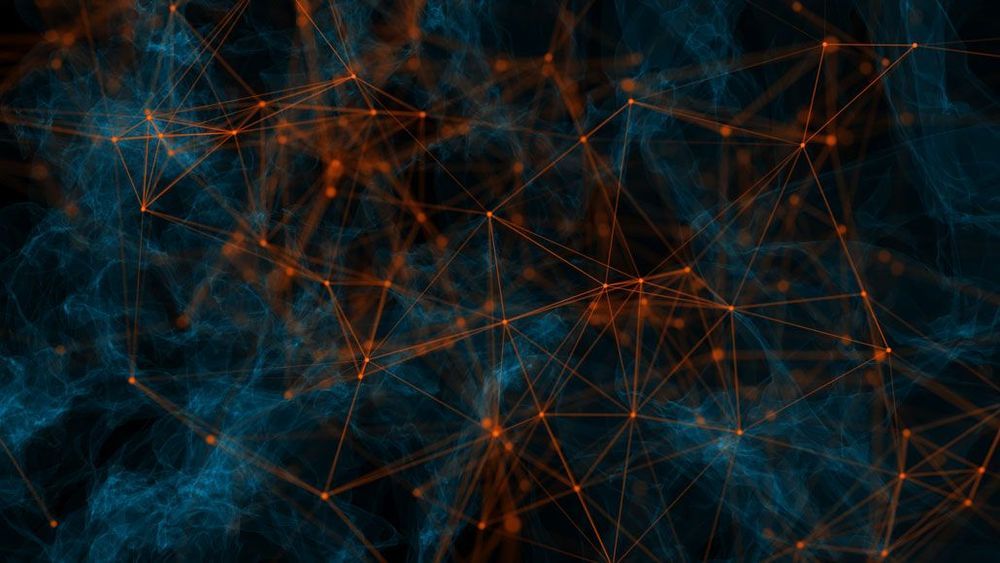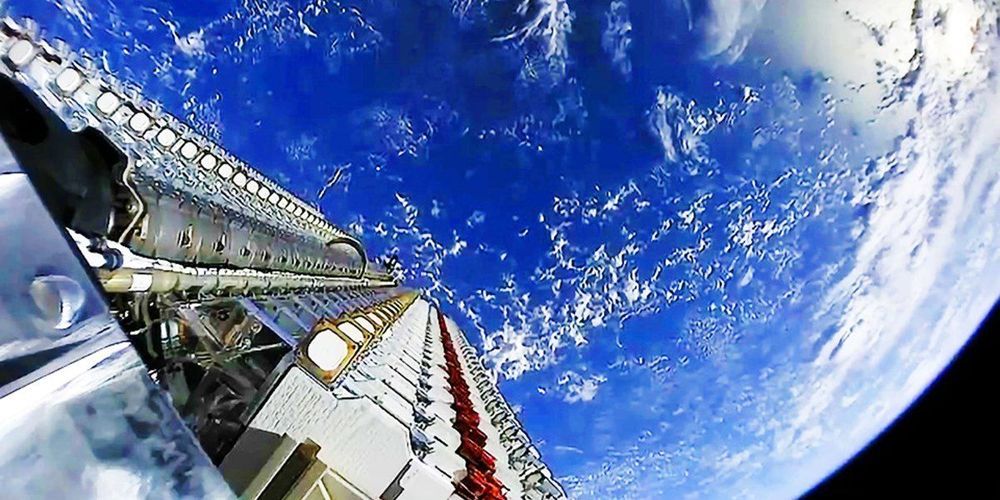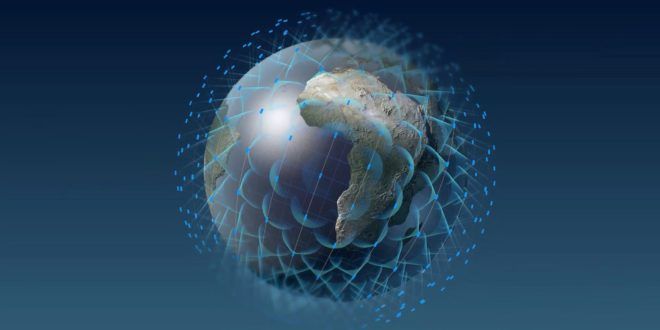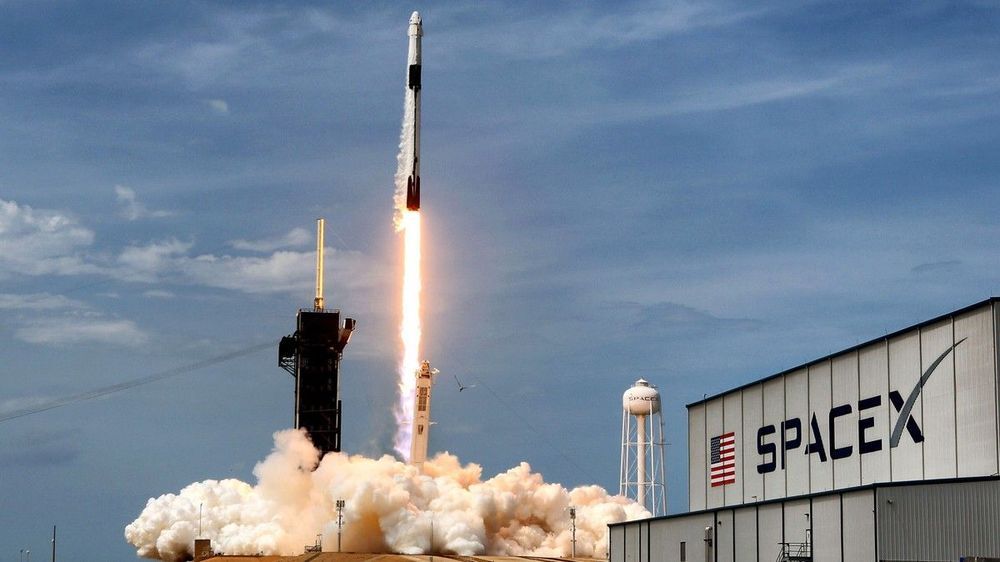Quantum computers, which harness the strange probabilities of quantum mechanics, may prove revolutionary. They have the potential to achieve an exponential speedup over their classical counterparts, at least when it comes to solving some problems. But for now, these computers are still in their infancy, useful for only a few applications, just as the first digital computers were in the 1940s. So isn’t a book about the communications network that will link quantum computers — the quantum internet — more than a little ahead of itself?
Surprisingly, no. As theoretical physicist Jonathan Dowling makes clear in Schrödinger’s Web, early versions of the quantum internet are here already — for example, quantum communication has been taking place between Beijing and Shanghai via fiber-optic cables since 2016 — and more are coming fast. So now is the perfect time to read up.
Dowling, who helped found the U.S. government’s quantum computing program in the 1990s, is the perfect guide. Armed with a seemingly endless supply of outrageous anecdotes, memorable analogies, puns and quips, he makes the thorny theoretical details of the quantum internet both entertaining and accessible.
Readers wanting to dive right in to details of the quantum internet will have to be patient. “Photons are the particles that will power the quantum internet, so we had better be sure we know what the heck they are,” Dowling writes. Accordingly, the first third of the book is a historical overview of light, from Newton’s 17th century idea of light as “corpuscles” to experiments probing the quantum reality of photons, or particles of light, in the late 20th century. There are some small historical inaccuracies — the section on the Danish physicist Hans Christian Ørsted repeats an apocryphal tale about his “serendipitous” discovery of the link between electricity and magnetism — and the footnotes rely too much on Wikipedia. But Dowling accomplishes what he sets out to do: Help readers develop an understanding of the quantum nature of light.
For an entertaining overview of the physics and technological advances paving the way for the quantum internet, read ‘Schrödinger’s Web.’




 Berlin, 27 September 2020. – A New York bankruptcy judge has sent OneWeb’s Chapter 11 plan for creditor vote and approved OneWeb’s financing plan, Law360 reported.
Berlin, 27 September 2020. – A New York bankruptcy judge has sent OneWeb’s Chapter 11 plan for creditor vote and approved OneWeb’s financing plan, Law360 reported.



